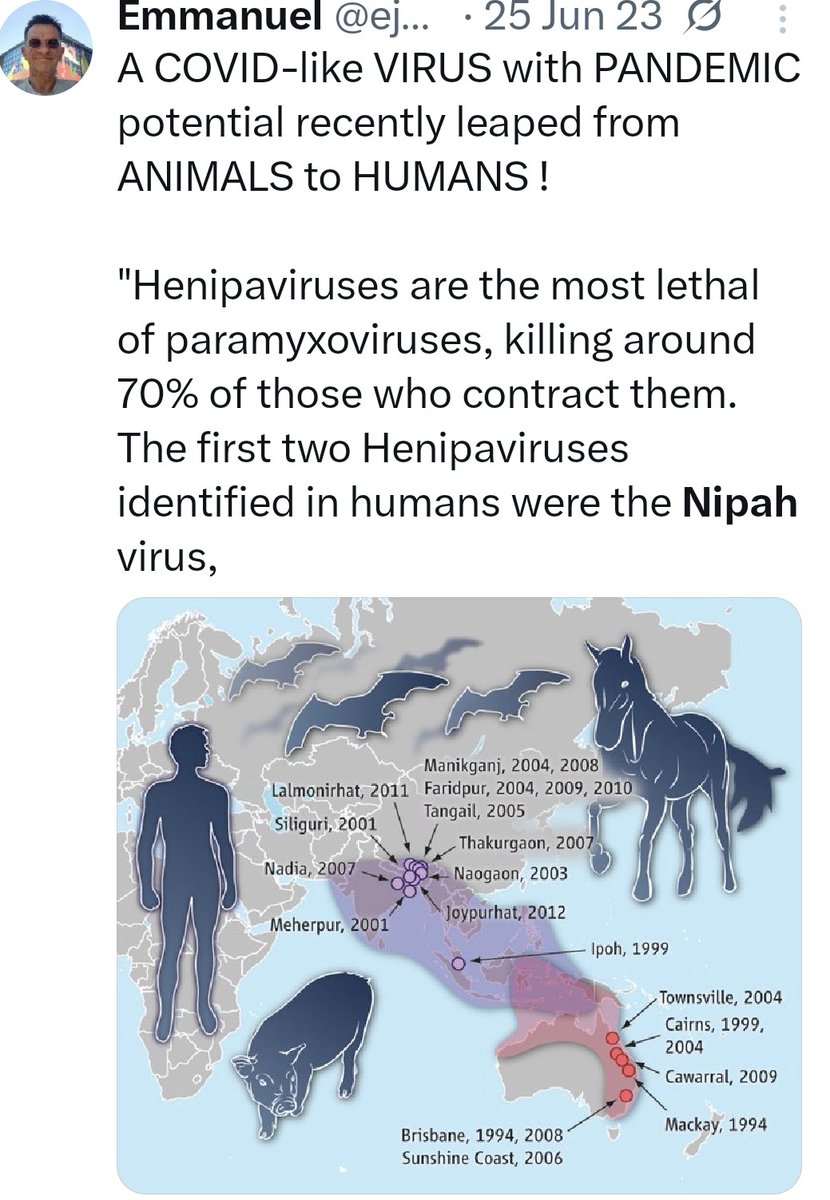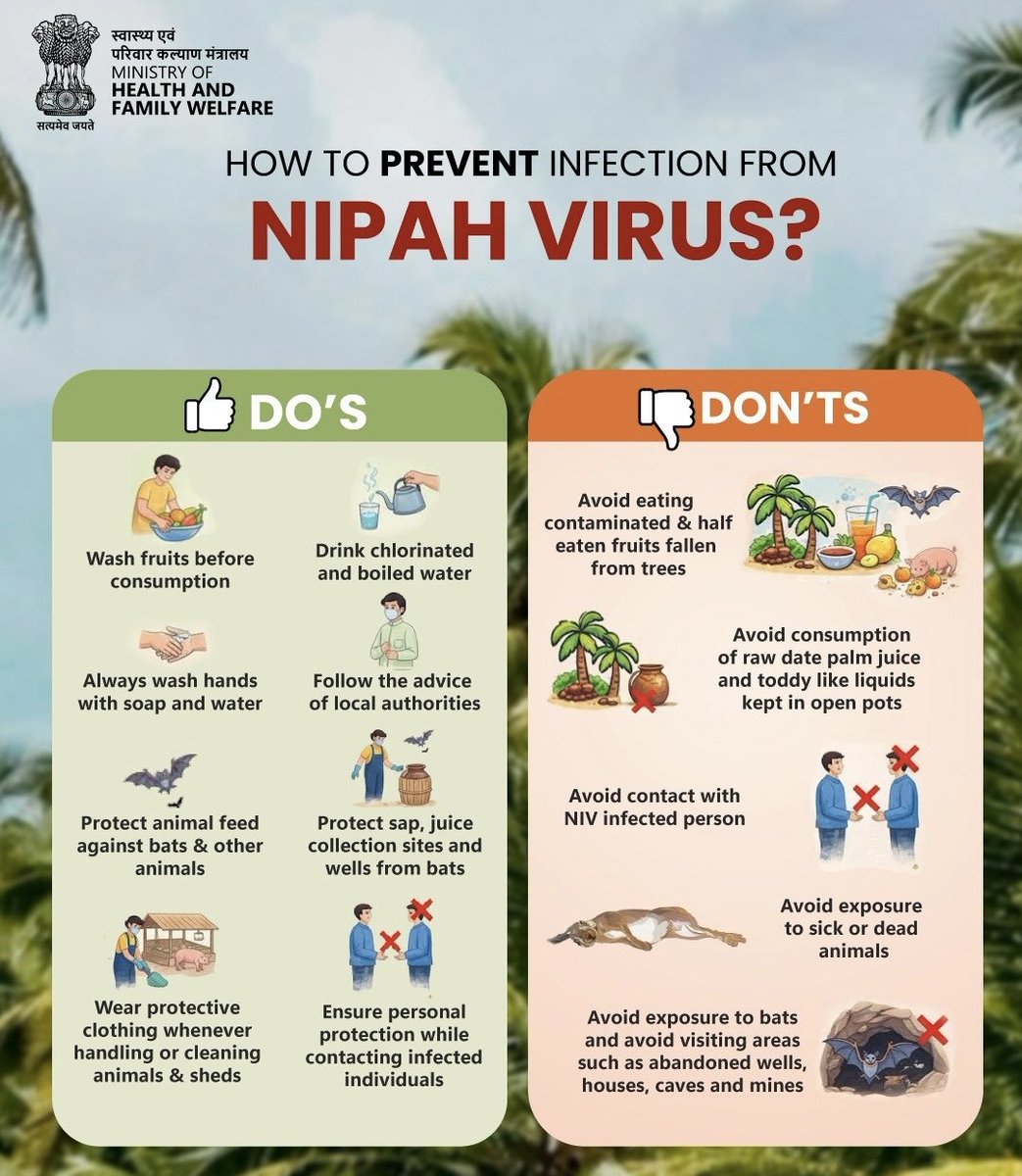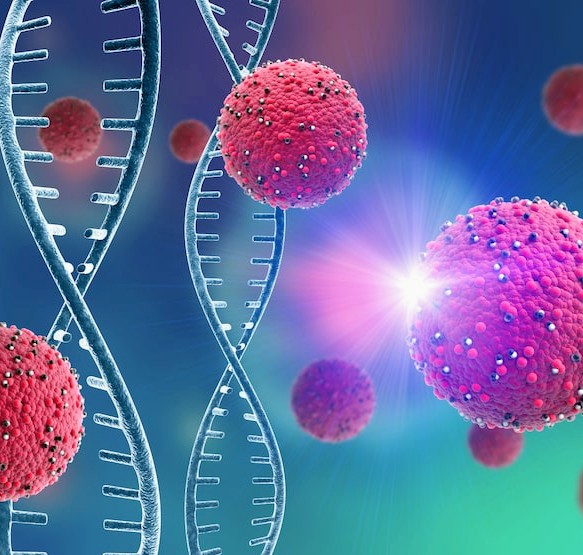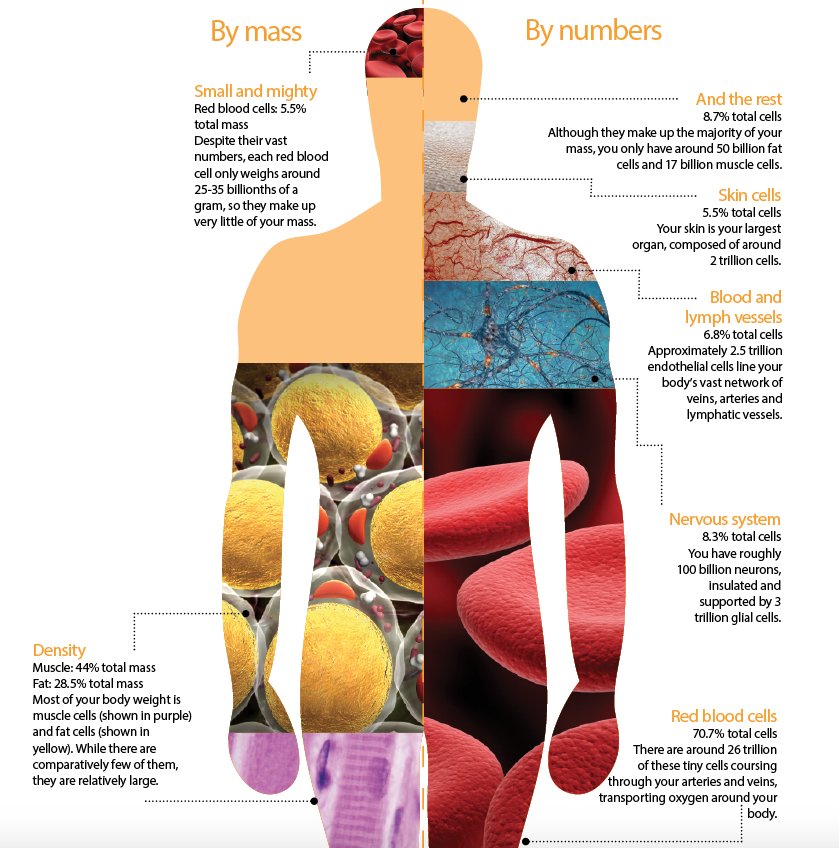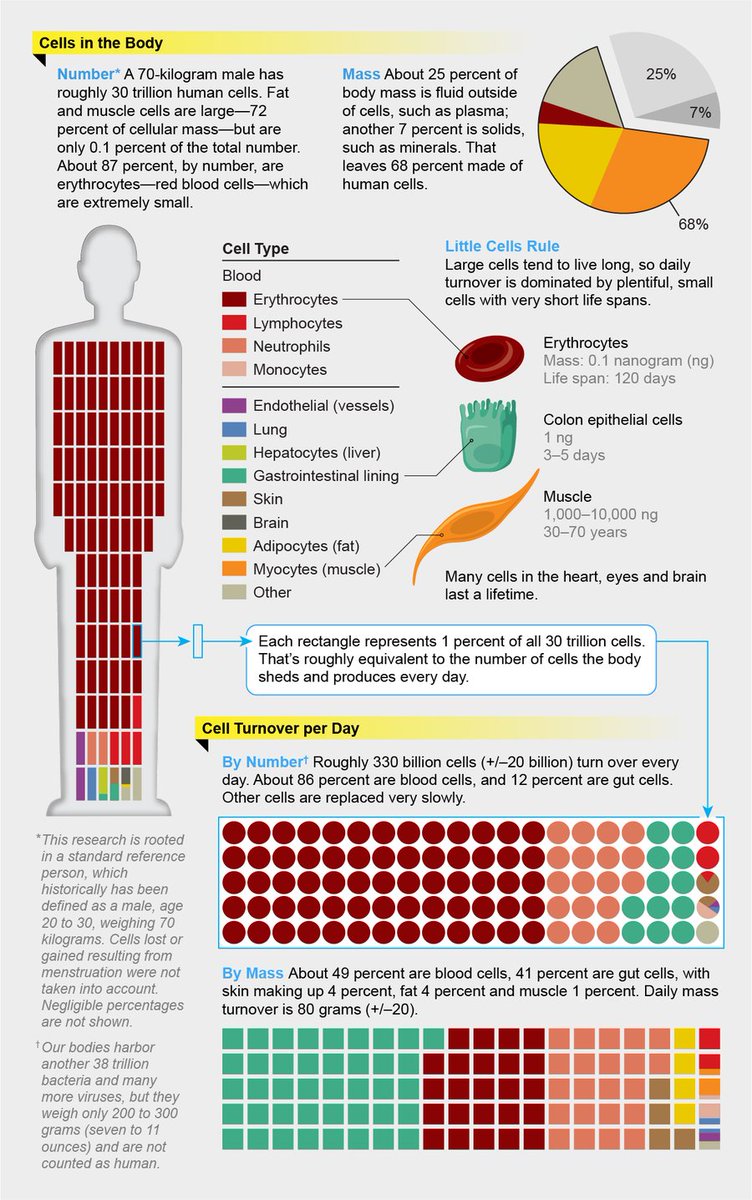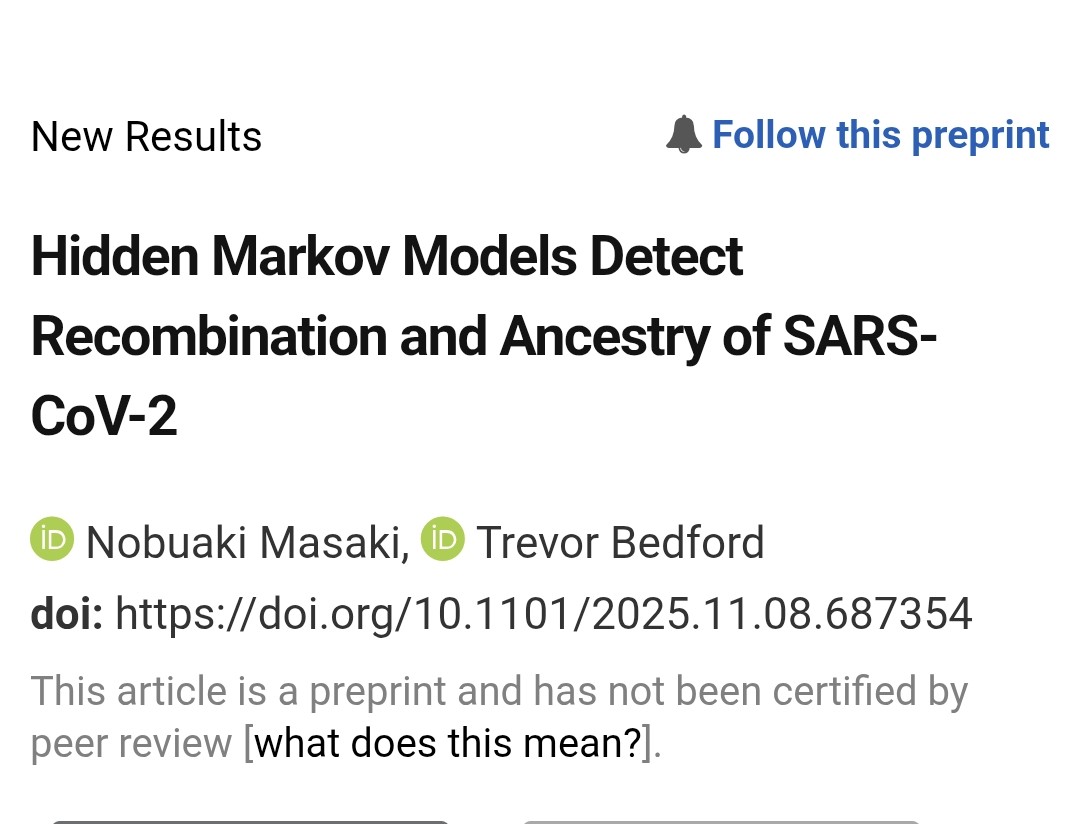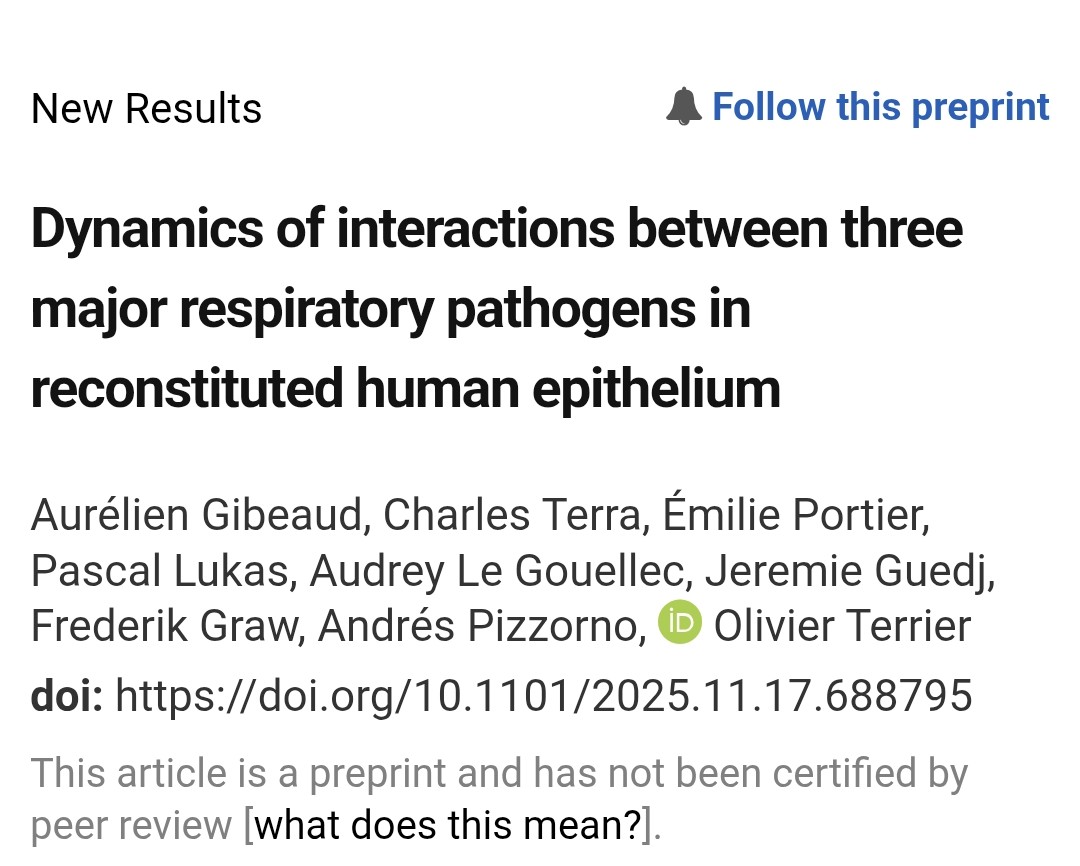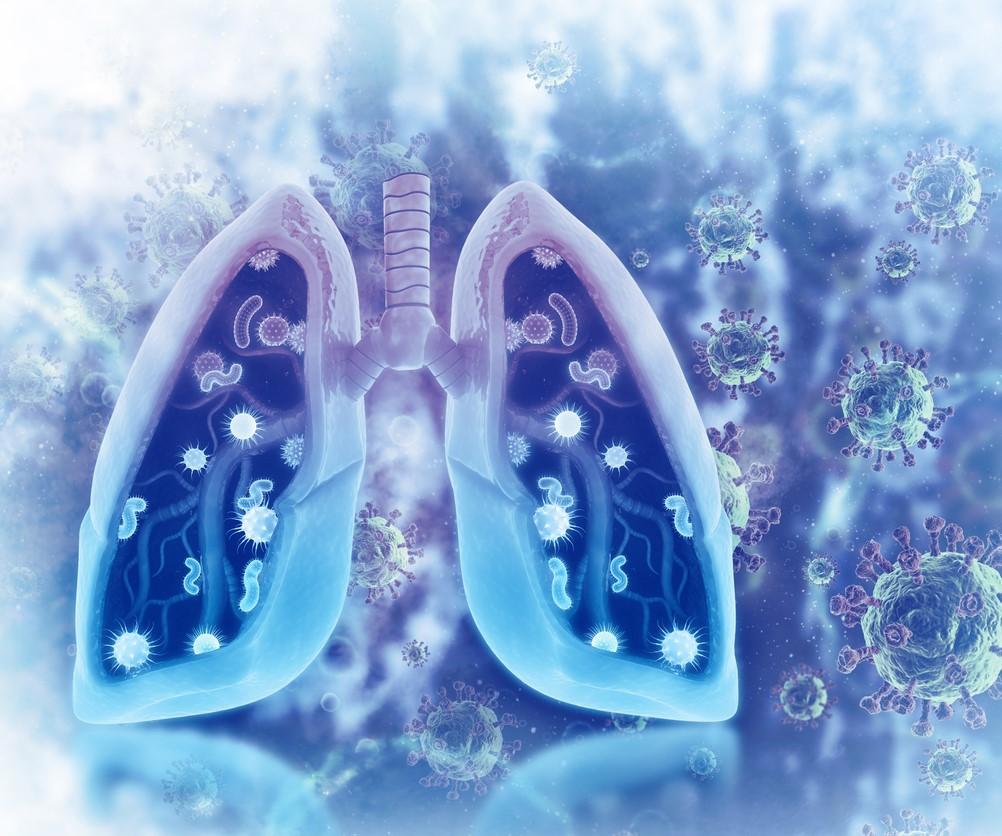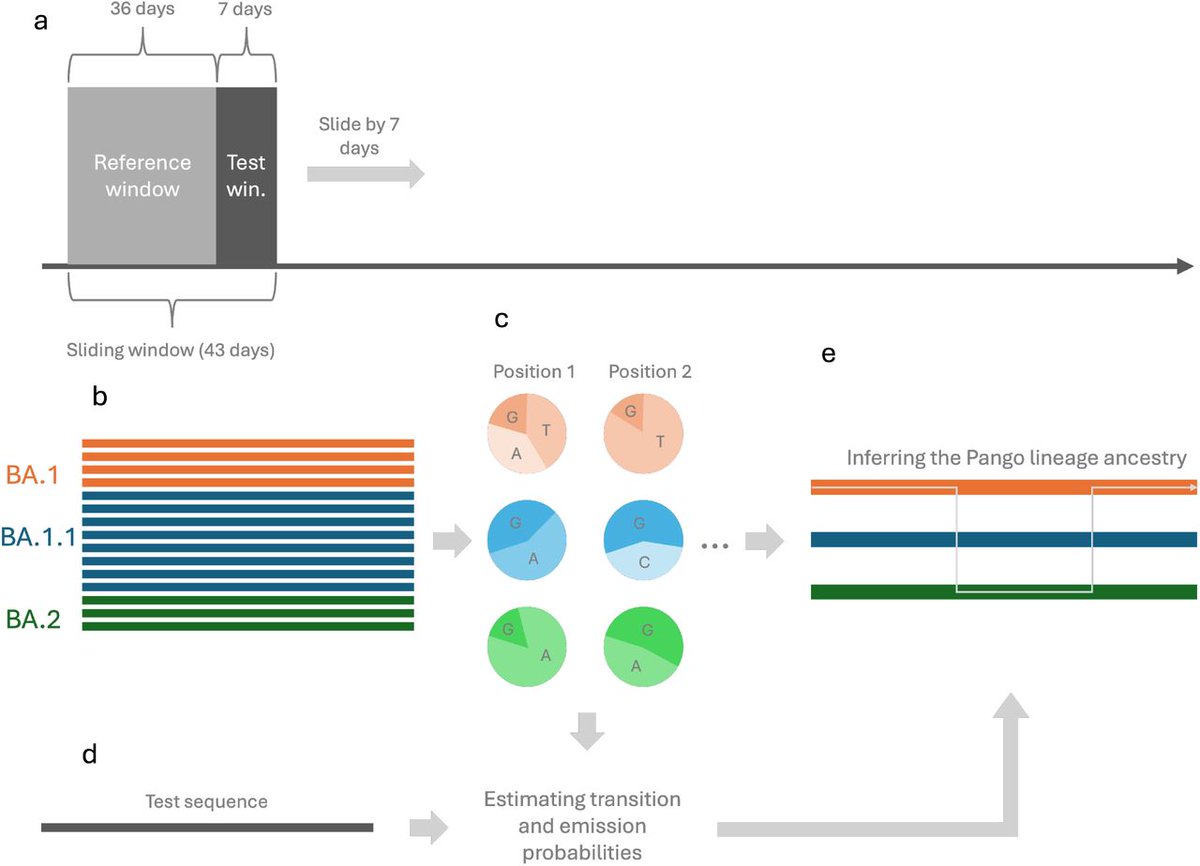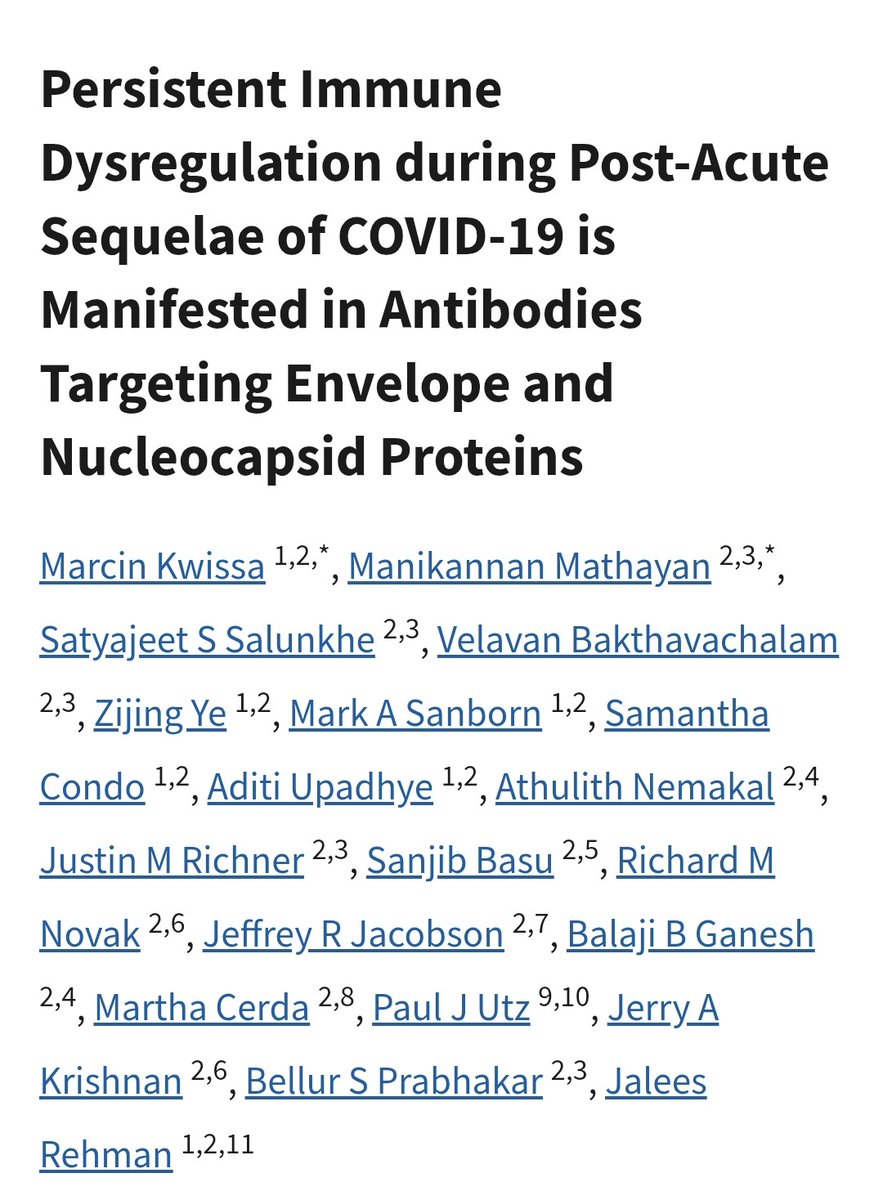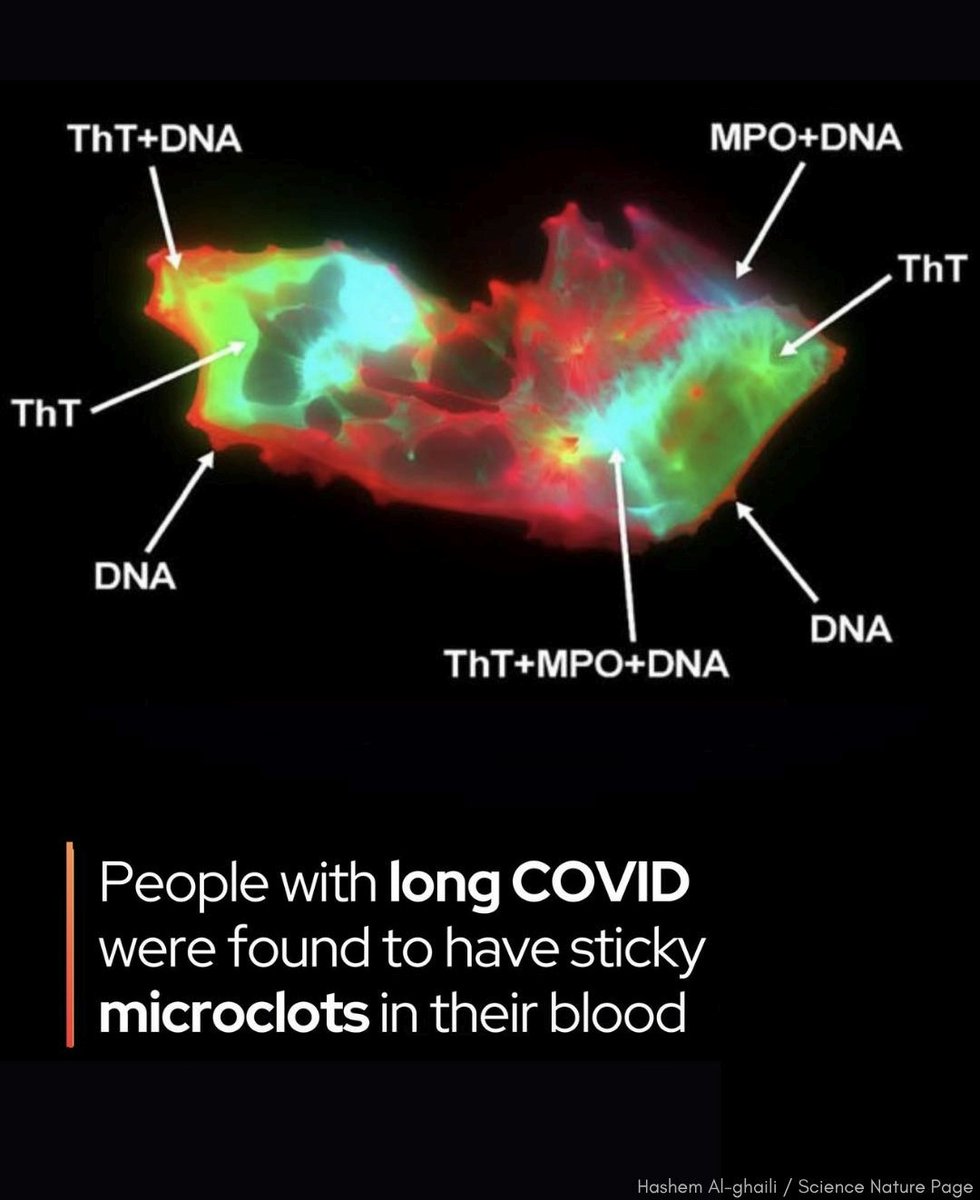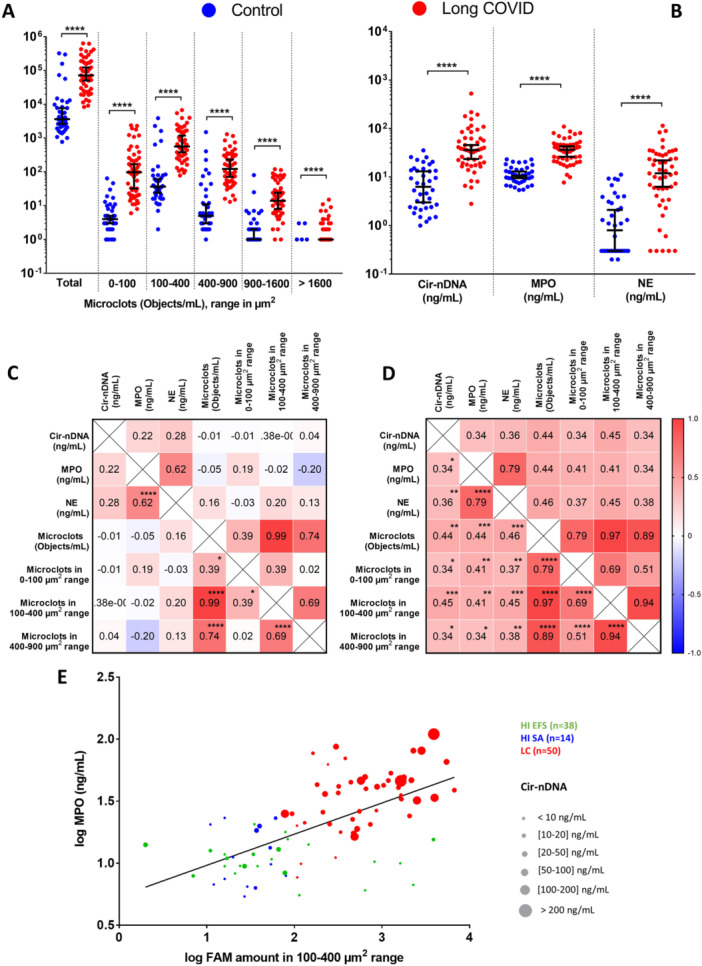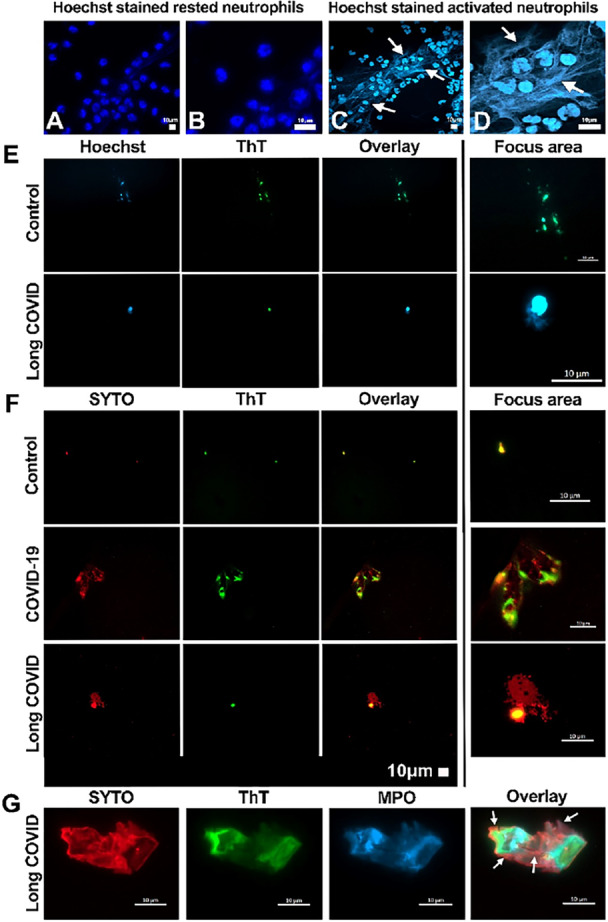𝗧𝗵𝗲𝗿𝗮𝗽𝗲𝘂𝘁𝗶𝗰 𝘁𝗮𝗿𝗴𝗲𝘁𝘀 𝗳𝗼𝗿 𝗖𝗢𝗩𝗜𝗗-19
2 𝘸𝘰𝘯𝘥𝘦𝘳𝘧𝘶𝘭 𝘴𝘵𝘶𝘥𝘪𝘦𝘴 𝘸𝘪𝘵𝘩 𝘨𝘳𝘦𝘢𝘵 𝘷𝘪𝘴𝘶𝘢𝘭𝘪𝘴𝘢𝘵𝘪𝘰𝘯𝘴, 𝘧𝘰𝘳 𝘢 𝘱𝘰𝘴𝘪𝘵𝘪𝘷𝘦 𝘰𝘶𝘵𝘭𝘰𝘰𝘬 🤗
2 𝘸𝘰𝘯𝘥𝘦𝘳𝘧𝘶𝘭 𝘴𝘵𝘶𝘥𝘪𝘦𝘴 𝘸𝘪𝘵𝘩 𝘨𝘳𝘦𝘢𝘵 𝘷𝘪𝘴𝘶𝘢𝘭𝘪𝘴𝘢𝘵𝘪𝘰𝘯𝘴, 𝘧𝘰𝘳 𝘢 𝘱𝘰𝘴𝘪𝘵𝘪𝘷𝘦 𝘰𝘶𝘵𝘭𝘰𝘰𝘬 🤗

2)"Therapeutic targets and interventional strategies in COVID-19: mechanisms and clinical studies"
Current treatment strategies for COVID-19 can be classified into "target virus" and "target host" categories. Repurposing existing drugs, emerging drugs .. nature.com/articles/s4139…

Current treatment strategies for COVID-19 can be classified into "target virus" and "target host" categories. Repurposing existing drugs, emerging drugs .. nature.com/articles/s4139…

3) ...and promising potential targets fall under these categories.
For the host, ACE2 receptor, TMPRSS2 protease, inflammatory cytokines and their pathways, CD147, and HMGB1 are potential therapeutic targets based on their roles in viral entry/pathogenesis/excessive inflammation.
For the host, ACE2 receptor, TMPRSS2 protease, inflammatory cytokines and their pathways, CD147, and HMGB1 are potential therapeutic targets based on their roles in viral entry/pathogenesis/excessive inflammation.

4) Future directions include focusing on more promising targets, strengthening multi-disciplinary cooperation, addressing gaps between preclinical/clinical research, and monitoring viral mutations. A combination of antiviral and immunomodulatory therapies may be most effective. 

7) Potential therapeutic targets include viral proteins like spike, protease, RNA polymerase, and host proteins involved in viral entry/ immunopathology. Various agents have shown anti-SARS-CoV-2 activity in preclinical/clinical studies, but most require further development. 

8) Treatment strategies aim to administer antiviral drugs early to outpatients, while immunomodulators may benefit severely ill inpatients. Treating long COVID remains challenging due to its unclear mechanisms. Development of pan-coronavirus therapies is another priority area. 

9) Overall, while progress has been made, more convenient and broadly effective antiviral therapies are still needed to effectively tackle COVID-19 and future coronavirus outbreaks, including those targeting key viral proteins and able to counter emerging variants. 

• • •
Missing some Tweet in this thread? You can try to
force a refresh





